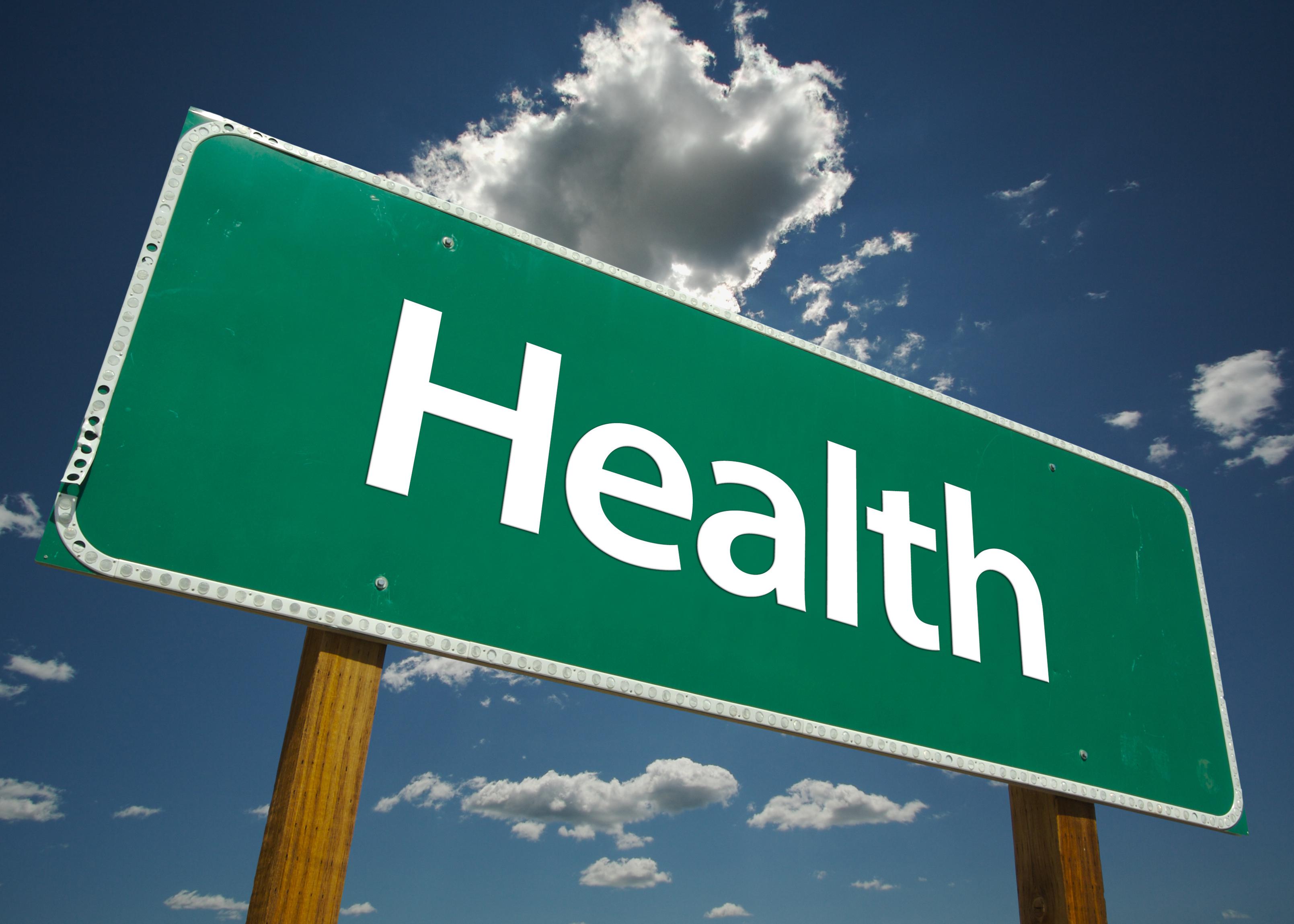Information Possibly Outdated
The information presented on this page was originally released on August 14, 2020. It may not be outdated, but please search our site for more current information. If you plan to quote or reference this information in a publication, please check with the Extension specialist or author before proceeding.
Proactive measures can help keep health intact
STARKVILLE, Miss. -- The traditional allergy season will soon start while the COVID-19 pandemic is still underway, likely leading some people to wonder if they are experiencing normal allergic reactions or symptoms of the novel virus.
David Buys, health specialist with the Mississippi State University Extension Service, said people’s current emphasis on good health protective measures may also serve them well in avoiding other transmissible illnesses.
“I am optimistic that we will see lower rates of flu transmission this year because of the precautions we are promoting for COVID-19,” Buys said.
In addition to special precautions taken for the coronavirus, routine guidance includes healthy eating and physical activity.
“Keeping your immune system protected during this difficult time is important. Keeping stress levels to a minimum is also valuable,” Buys said.
Physical distance is important for physical health, but Buys said it is more important than ever to stay socially connected with friends and loved ones. This connection helps prevent depression and loneliness, which can have a domino effect of negative outcomes on health.
When a person feels sick, the first reaction today is often to worry that the sickness is COVID-19. Buys said it is important for those who are sick to engage with healthcare providers.
“If you are concerned about symptoms, call your healthcare provider’s office; when in doubt, check it out,” he said. “A cough or a sneeze, even if it is from allergies and not from COVID-19, can spread the disease if a person has it and is asymptomatic.”
Jay Reed, a pharmacist in Columbus, Mississippi, encouraged allergy sufferers to start taking appropriate medication before problems with allergies get established.
“From my experience, once they settle into the sinuses or chest, they can sometimes lead to other bronchial issues that might require more care,” Reed said. “Start early, and you might avoid a visit to the doctor.”
Other precautions to help avoid a visit to the doctor is to stay hydrated, wash hands frequently and get enough good sleep to help restore the body.
“Dehydration can really hit someone hard, and it’s not usually the first thing we think of,” Reed said. “But even antihistamines, which help with allergies, can dry you out, so find something you can sip on to stay hydrated.”
For more information on good health practices, especially in light of the COVID-19 pandemic, visit http://extension.msstate.edu/food-and-health/health/coronavirus.







